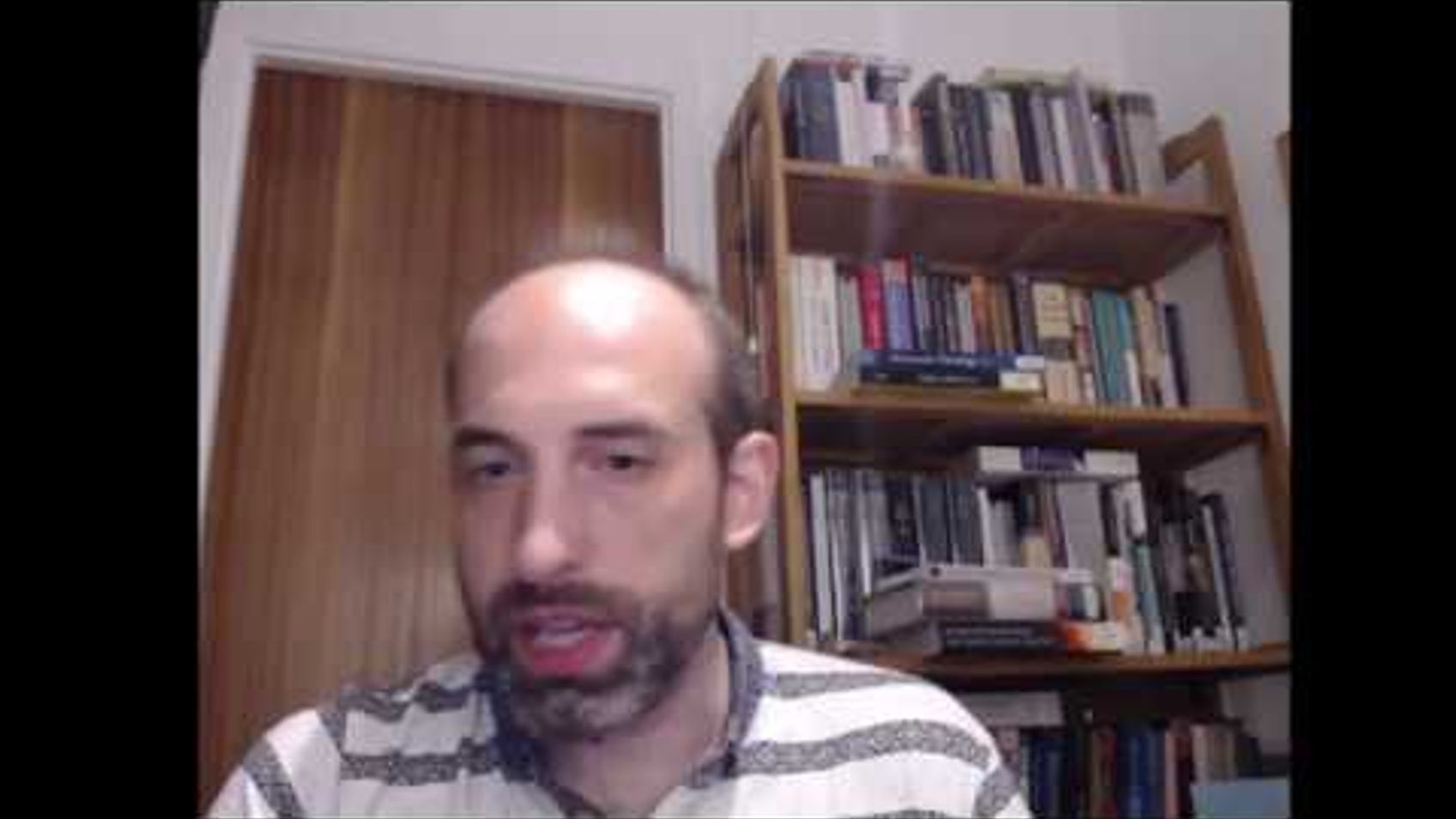Q&A#10 The Significance of Melchizedek
July 13, 2018

Alastair Roberts
Today's Question: Why is Melchizedek so important to the author of Hebrews? What's the biblical-theological significance of Jesus being a priest after the order of Melchizedek?
Please leave your own questions on my Curious Cat account.
More From Alastair Roberts
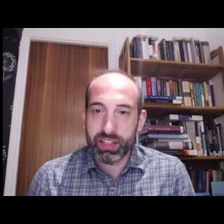
Unravelling the Mysteries of the Book of Esther
Alastair Roberts
July 15, 2018
An attentive reading of the book of Esther will raise various important questions that most of its readers miss. In this video, I discuss some of the
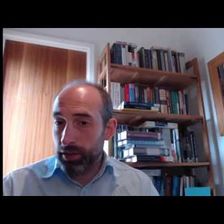
Q&A#11 What Should We Make of the Sign Gifts?
Alastair Roberts
July 16, 2018
Today's Question: What is your view of the miraculous gifts (like prophecy and the gifts of tongues) in the New Testament period? Did these discontinu
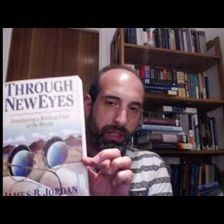
A Must-Read Book!
Alastair Roberts
July 18, 2018
I recommend James Jordan's book 'Through New Eyes: Developing a Biblical View of the World' (https://amzn.to/2NoYVPs). His Reading the Bible series of

Q&A#9 Is Ecclesiastes Nihilistic?
Alastair Roberts
July 1, 2018
Today's Question: Ecclesiastes is a book that has long confused me. Its descriptions of all of life as vanity come off nihilistic and despairing. And
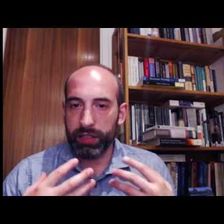
Looking for supporters for more regular videos!
Alastair Roberts
June 28, 2018
You can now support me on Patreon!
https://www.patreon.com/zugzwanged
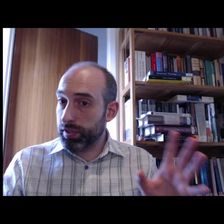
Q&A#8 The Chronology of Genesis 38
Alastair Roberts
May 21, 2018
See this article for context: https://alastairadversaria.com/2006/12/08/the-judah-and-tamar-story-in-its-context/
Today's Question: The story of Juda
More on OpenTheo

Sense, Sensibility, and Adam Smith with Jan Van Vliet
Life and Books and Everything
February 16, 2026
This year is a special anniversary for the United States as Americans celebrate 250 years of independence. But 1776 was an important year in more ways

How Could One Person Trust Another Person on the Topic of God?
#STRask
March 5, 2026
Questions about how one person could trust another person on the topic of God, how STR obtained information about God that others haven’t obtained, an

Prove to Me That Jesus Is Not a Created Being
#STRask
January 26, 2026
Questions about why we should think Jesus is not a created being, and what it means to say God became fully human if part of being human means not bei

Conservatism and Religious Freedom with John Wilsey
Life and Books and Everything
October 27, 2025
What is conservatism? And why does it go hand in hand with religious freedom? How should we think about the American experiment of ordered liberty? Ha

Did Jesus Prove He Wasn’t Sinless When He Overturned the Tables?
#STRask
December 29, 2025
Questions about whether Jesus proved he wasn’t sinless when he overturned the tables, whether Jesus’ response to the Pharisees in Mark 3:22–26 was a b

How Do You Justify Calling Jesus the Messiah?
#STRask
December 18, 2025
Questions about how one can justify calling Jesus the Messiah when he didn’t fulfill the Hebrew messianic prophecies, and whether the reason for the v

Keri Ingraham: School Choice and Education Reform
Knight & Rose Show
January 24, 2026
Wintery Knight and guest host Bonnie welcome Dr. Keri Ingraham to discuss school choice and education reform. They discuss the public school monopoly'

What Tools of Reasoning Help You Know What’s True, Right, and Good?
#STRask
December 4, 2025
Question about what tools of reasoning help us determine whether something is true or false, right or wrong, good or bad before bringing Scripture int

How Do I Determine Which Topics at Work Are Worth Commenting On?
#STRask
January 5, 2026
Questions about how to determine which topics at work are worth commenting on, and a good way to respond when you’re in a group Bible study and hear e

When I Can’t Stop Thinking About Something, Is That God Speaking?
#STRask
December 1, 2025
Questions about whether having a recurring thought is an indication God is speaking to you, what to say to someone who says they sinned because “God t

Did God Create Us So He Wouldn’t Be Alone?
#STRask
November 3, 2025
Questions about whether God created us so he wouldn’t be alone, what he had before us, and a comparison between the Muslim view of God and the Christi

Is 1 Corinthians 12:3 a Black-and-White Tool for Discernment?
#STRask
October 27, 2025
Questions about whether the claim in 1 Corinthians that “no one can say ‘Jesus is Lord’ except in the Holy Spirit” is a black-and-white tool for disce

Why Do We Say Someone Was Saved on a Particular Date If It Was Part of an Eternal Plan?
#STRask
November 24, 2025
Questions about why we say someone was saved on a particular date if it was part of an eternal plan, the Roman Catholic view of the gospel vs. the Bib

Is It Possible There’s a Being That’s Greater Than God?
#STRask
February 5, 2026
Questions about whether it’s possible there’s a being that’s greater than God and that’s outside of God’s comprehension and omniscience, and how to ex

Protestants and Catholics: What’s the Difference? With Chad Van Dixhoorn, Blair Smith, and Mark McDowell
Life and Books and Everything
November 26, 2025
How should Protestants think about the Catholic Mass? About the Eucharist? About the history and development of the papacy? In this panel discussion,
